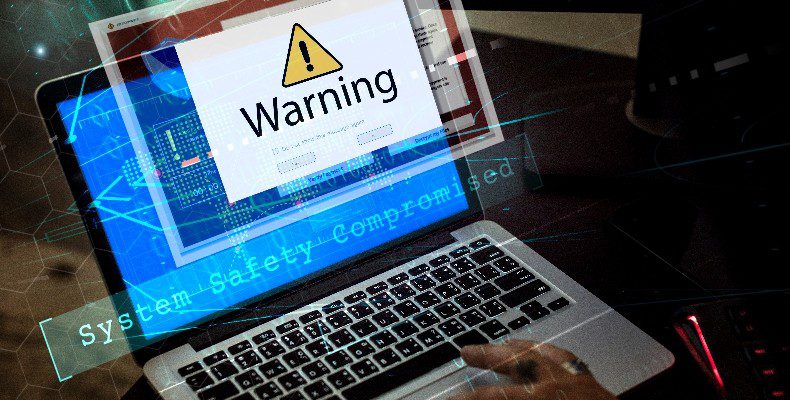Blogs
Home / Blog


RSA Conference is one of the largest cybersecurity events in the world. The event attracts thousands of cybersecurity professionals and hundreds of speakers from around the globe. This year, the event took place from 17th to 20th May, 2021 and was a truly virtual affair.
Some of the hot topics that got the centerstage this year included:
Cybersecurity professionals who attended the event virtual will now try to implement what they have learned to enhance the security of their systems. If you have missed the event for any reason, don’t worry. Here are four important lessons businesses should learn from the RSA 2021 Conference.
Business resilience was the key theme for the RSA conference 2021 this year. Businesses that managed to survive and thrive in the face of turbulent times, proved to be the ones that are resilient. How can you tell if a business is resilient? Rohit Ghai, CEO of RSA, defines resilient businesses as ones that, “fall less often, withstand the fall better and rise up stronger every time.”
As threat actors continue to create chaos across the business world, he recommends that businesses should chaos instead of running away from it. How do you stay safe during chaos while still increasing your business resilience? According to Rohit Ghai, “You can’t. You don’t. You focus on resilience by embracing the chaos. How? First, expect the unexpected. Trust no one, and compartmentalize failure.”
Sadly, most businesses struggle to achieve this but fail. They do succeed in implementing a cybersecurity solution, but are still not well prepared to deal with a full-scale data breach. Whether you are a small, mid-size or large-scale business, you are vulnerable to attack. Most businesses don’t realize this, which is why they are not prepared for the worst-case scenario.
As a result, when they are impacted by a data breach, they don’t know what to do. This can hamper their incident response and crisis management efforts and could make them vulnerable to more damage. Have an incident response plan ready to cope with any situation.
A vast majority of businesses were not well prepared for remote control at the onset of the pandemic. This caused most businesses to scramble to adopt temporary solutions that could allow their employees to work remotely. Soon, they realized that these temporary fixes were not enough so they migrated their workloads to the cloud without realizing that the cloud has its distinct security demands.
Bret Arsenault, Chief Information Security Officer at Microsoft is of the opinion that a zero-trust framework with authenticated identity as the security linchpin can m, eet the growing demands of remote work. According to him, “You should have a healthy device, strong identity and consistent telemetry. I asked every one of my vendors to show me how they make that happen. So, that’s resulted in this ‘zero trust or bust, no exceptions’ model that we have implemented across the entire company and that we hold everyone accountable to.”
He also pointed out that only 20% of organizations have 100% multi-factor authentication and said that businesses need to get these things in order to stay safe.
Businesses put their digital transformation initiatives in top gear in 2020 and that trend is still continuing to this day. As countries went into lockdowns, businesses are forced to ask their employees to work from home. As a result, they have to adopt technology to ensure business continuity.
Even if this pandemic goes away, we might not be able to return to the pre-pandemic environment very soon. As customers and employees get used to the flexibility and convenience offered by the digital world, it would be even more difficult to return to normal. Enterprises will not only have to work on improving their customer experience but also enhance employee experience
That is not all, you will have to make sure that these experiences can scale and deliver the same emotional attachment that in-person experiences use to do in a traditional workplace environment. Even though, some customers might still ignore a poor experience due to the pandemic right now but they will also become less tolerant as time moves along.
According to a study conducted by the ISC cybersecurity workforce in 2020, the cybersecurity industry already has a worker shortage of about 3.1 million professionals. 64% of cybersecurity professionals also admit that this talent shortage is impacting their organizations badly. The worst part is that this talent shortfall has now converted into a serious crisis, which is putting millions of businesses at risk.
Chuck Robbins, CEO of Cisco Systems proposes a solution to this problem by saying, ”We have to train people, we have to reskill people, we have to continue to develop the existing talent. We have to make it easier for people to get into cybersecurity and we have to look at untapped sources of talent.”
What did you learn from the RSA conference 2021? Share it with us in the comments section below.
Enter your email to receive the latest news, updates and offers from HostNoc.
